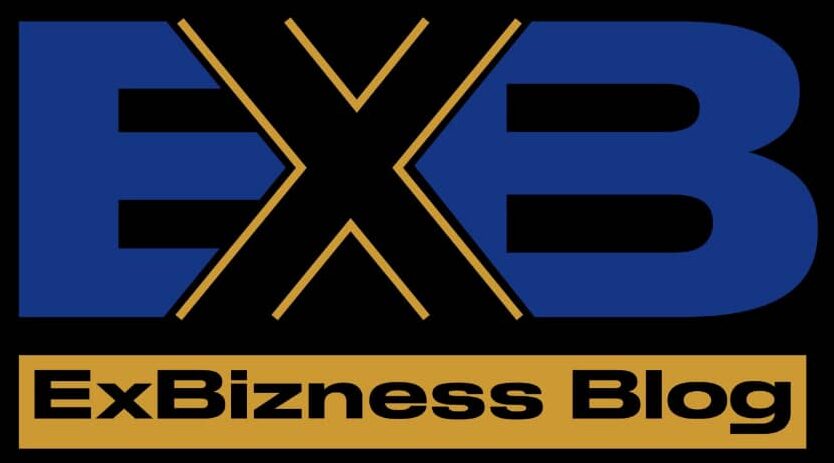Ghana’s gold industry has long been a cornerstone of the national economy. From large-scale multinational mining firms to small-scale artisanal miners, gold is not just a resource — it’s a lifeline for millions. But as the sector modernizes and digitizes, there’s one issue gaining increasing importance: data protection.
In an era where information is currency, safeguarding personal and corporate data in the gold sector is no longer optional — it’s essential.
🟨 Ghana’s Golden Legacy in a Digital Age
Ghana is Africa’s top gold producer and the 6th largest globally, contributing significantly to GDP and foreign exchange. The industry has transformed with the introduction of:
- Electronic license registration systems
- Digital mineral tracking tools
- Mobile money and online payments for trading
- E-platforms for mining permits and documentation
But these digital advancements come with a cost: they create data footprints — sensitive ones.
🔐 What Kind of Data Is at Risk?
Whether it’s a small-scale miner registering a concession or a licensed dealer managing cross-border gold trade, the data collected includes:
- Personal identification (passport, Ghana Card, business certificates)
- Financial records (bank statements, mobile money history)
- Trade documentation (invoices, receipts, customs data)
- Geolocation and land usage data
Without robust data protection frameworks, this information can be exposed to identity theft, corporate espionage, fraud, or unauthorized surveillance.
⚖️ Legal Landscape: The Data Protection Act, 2012 (Act 843)
Ghana’s Data Protection Act mandates that all organizations collecting or processing personal data:
- Must register with the Data Protection Commission (DPC)
- Must obtain informed consent from individuals before collecting data
- Are required to store data securely and use it only for lawful purposes
- Must report breaches to the DPC
Yet, in practice, compliance is low across many sectors — and the gold industry is no exception.
💼 Risks for the Gold Industry
- Unauthorized Access: Contractors, vendors, or even internal staff may misuse data.
- Unsecured Systems: Lack of firewalls, antivirus protection, or encryption in local firms can lead to hacks.
- No Consent Framework: Traders and miners may be unaware their data is being collected or sold.
- Cross-Border Vulnerabilities: With international buyers and exports, Ghanaian data may be transmitted overseas without proper safeguards.
💡 Why Data Protection Is Good for Business
Protecting data isn’t just about avoiding fines — it’s a competitive advantage.
- Trust: Clients and investors are more likely to work with firms that prioritize data security.
- Reputation: A breach can tarnish a company’s image locally and abroad.
- Compliance: Avoid penalties from regulatory bodies like the Minerals Commission and Data Protection Commission.
- Digital Integration: Future systems — including blockchain-based gold tracing and smart contracts — will demand airtight data systems.
📘 Recommendations for Stakeholders
For Gold Businesses
- Appoint a Data Protection Officer
- Encrypt sensitive records and use password-protected systems
- Ensure staff training on handling personal data
- Register with the Data Protection Commission
For Government & Regulators
- Integrate data protection audits into mining license renewals
- Enforce penalties for data misuse or unauthorized sharing
- Provide training to local miners and cooperatives on digital rights
For Investors & Partners
- Insist on data protection compliance clauses in agreements
- Encourage transparency in how partner firms store and process data
🧾 Final Thoughts
As Ghana continues to shine on the global gold map, the question is not just how much gold we can extract — but how safely we can manage the information that flows with it. Data is the new gold, and in the mining sector, protecting both is essential for sustainability, trust, and innovation.
Now is the time for gold businesses in Ghana to embrace data protection — not as a regulatory burden, but as a pillar of long-term success.

